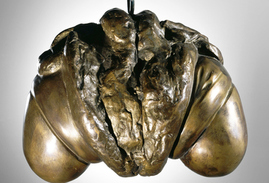Angele Ellis
Comments?
***
|
Thank you for visiting Tweetspeak VerseWrights. © 2012-2018. VerseWrights. All rights reserved.: Acrostic Poems
Ballad Poems Catalog Poems Charlotte Perkins Gilman Poems Epic Poetry Fairy Tale Poems Fishing Poems Funny Poems Ghazal Poems Haiku Poems John Keats Poems Love Poems Math, Science & Technology Poems Ode Poems Pantoum Poems Question Poems Rondeau Poems Rose Poems Sestina Poems Shakespeare Poems Ship, Sail & Boat Poems Sonnet Poems Tea Poems Villanelle Poems William Blake Poems Work Poems |
To translate this page:
|


